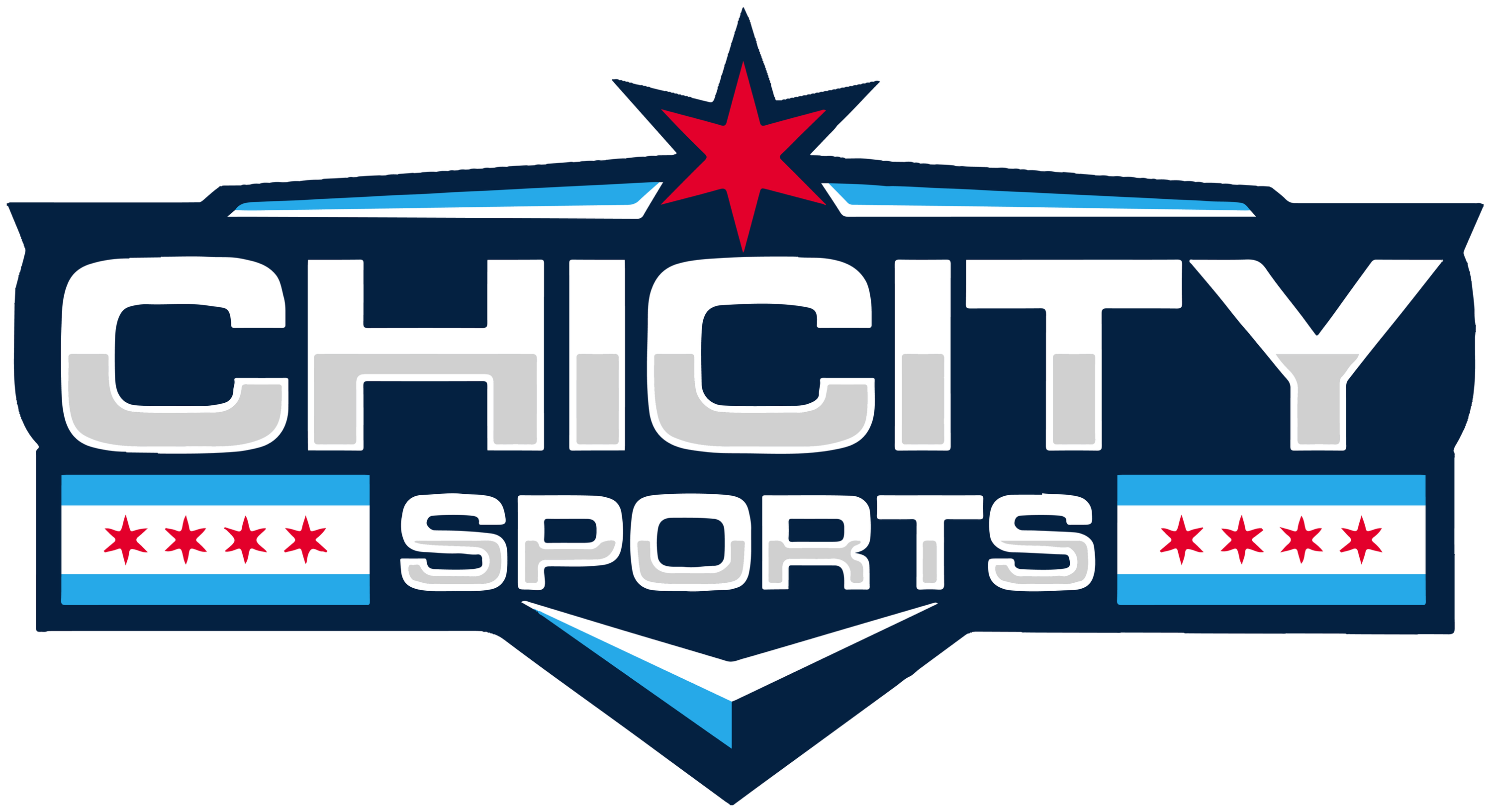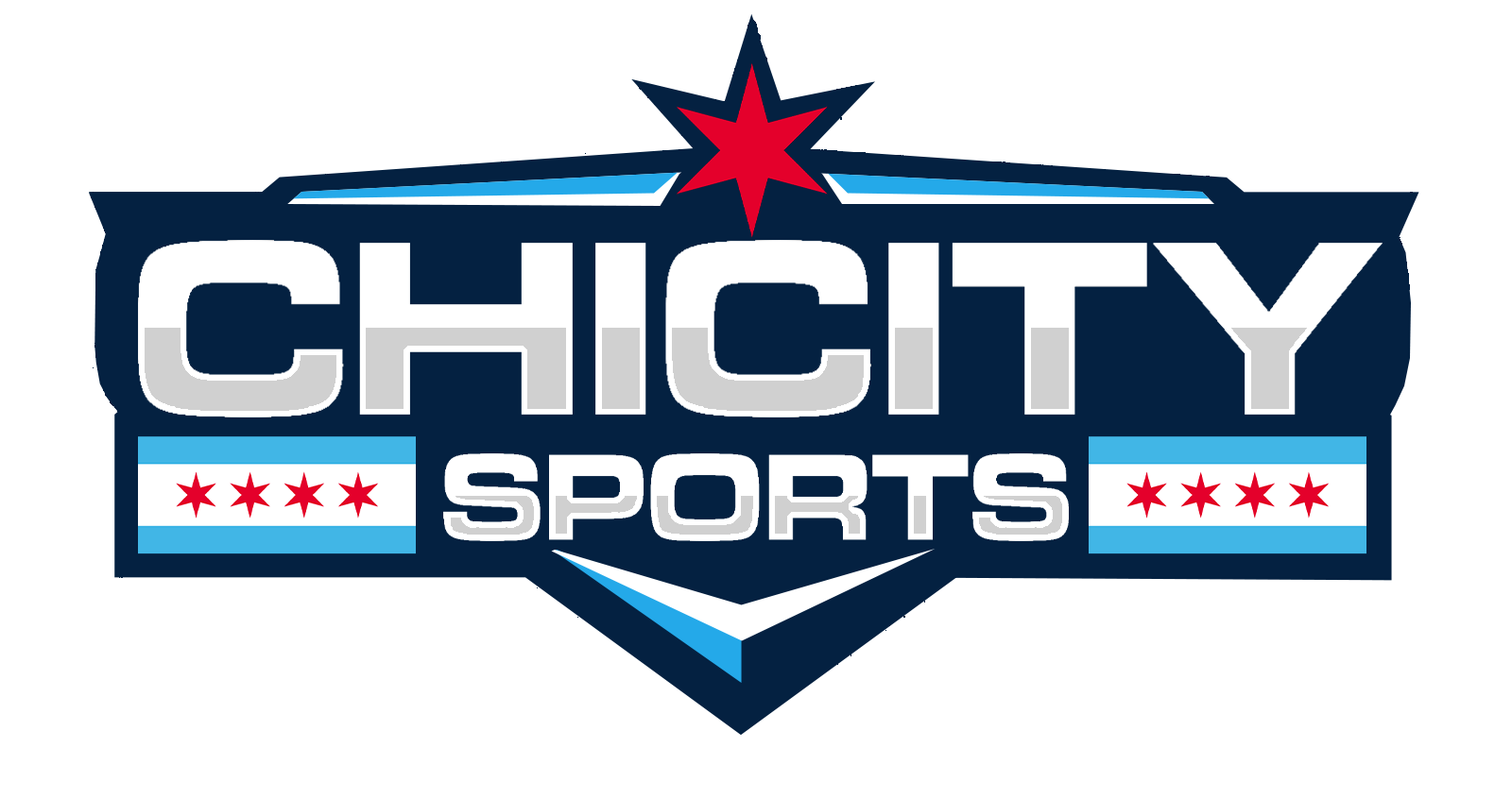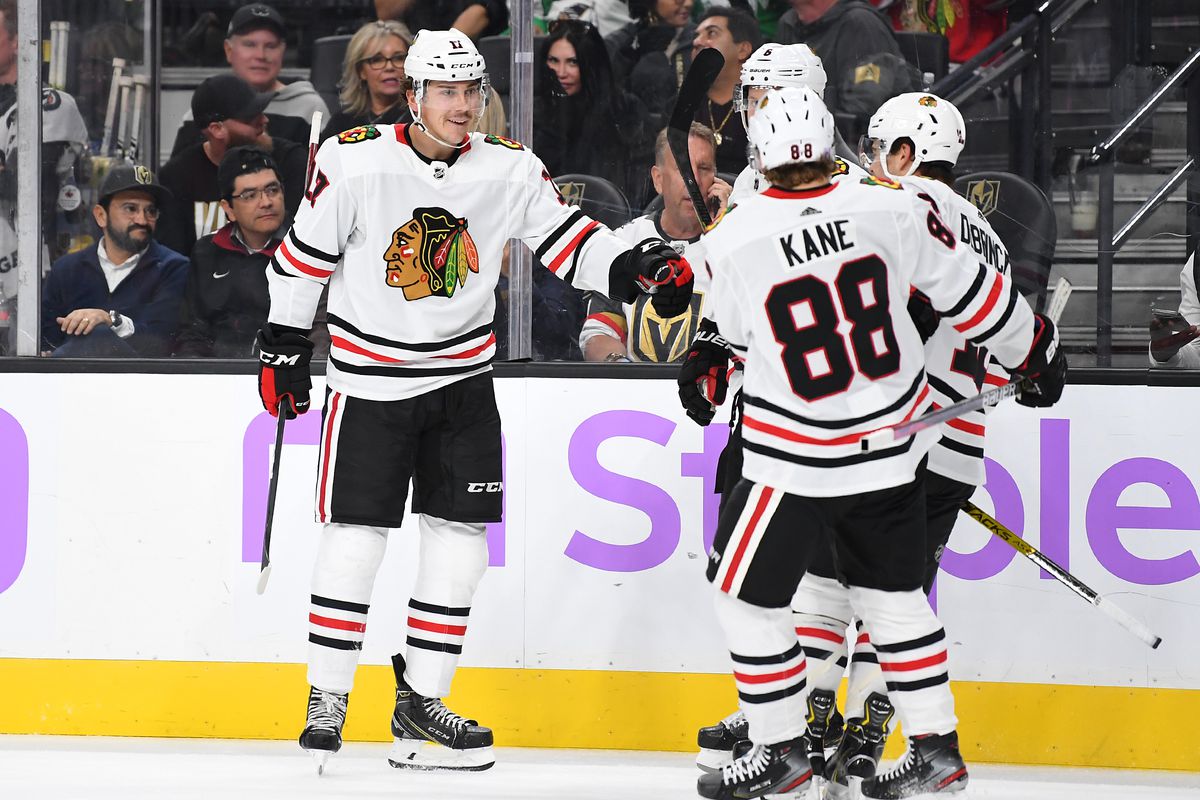With another shortened NHL season looming, can the Chicago Blackhawks actually make the playoffs this year? Here are some important factors to consider:
Overall Health
To say the Blackhawks were decimated by injury last season would be an understatement. Veterans like Brent Seabrook, Calvin de Haan, Andrew Shaw, and Zack Smith all missed substantial time in both the regular season and the entire playoffs. Losing Seabrook and de Haan so early into the regular season only exacerbated Chicago’s defensive woes on the blue line, while Shaw’s absence limited the Hawks to one less viable forward in the top-six.
In addition, the Hawks’ core of Jonathan Toews, Patrick Kane, and Duncan Keith are all in their early to mid-thirties. If any one of these players miss substantial time next season, Chicago’s chances of making the playoffs will greatly diminish.
Shortened Season
Initially, there was a rumor that the season would start with the NHL Winter Classic on January 1st. Since the teams will need at least two to three weeks for training camp, a January 1st start date becomes more unlikely with each passing day.
Commissioner Gary Bettman has recently indicated the NHL will not rush to start the season. Either way, a condensed season is a double-edged sword for a team – especially one with an aging core – like the Blackhawks. On one hand, there are less games to play and more time for the currently injured vets to heal; on the other hand, every team in the NHL will have a tougher schedule with more games per week and more back-to-backs.
Can the Sophomores Step Up?
Rookies Dominik Kubalik, Kirby Dach, and Adam Boqvist gained invaluable experience last season, including the playoffs. Kubalik was the biggest surprise of them all, amassing 30 goals along with a Calder Trophy nomination for Rookie of the Year. Although Dach was not as productive, the speed, skill, and intelligence he displayed only solidified his potential as an eventual second-line center. Boqvist exhibited the most growing pains, which is typical for any rookie defenseman.
If any or all three can take the proverbial “next step” this season, the Hawks will be a much deeper team. Sophomore slumps are very real in the NHL, as Alex Debrincat proved, registering only 28 goals after his 41-goal rookie year. Like Debrincat, Kubalik will face just as much pressure to be as productive this year as he was last year. Teams around the league now know the threat Kubalik poses, and the Calder finalist will have to adjust accordingly.
New Faces in the Lineup
General Manager Stan Bowman’s off-season was relatively quiet, but he did manage to add toughness and size to his roster. Defenseman Nikita Zadorov is a 6’6” bruiser who led the Colorado Avalanche in hits last year with 175. Mattias Janmark isn’t nearly as physical in the hit department, but he does possess good size (6’1”, 195lb) and averaged over 100 minutes on the penalty kill for Dallas last season.
If players like Shaw and Smith return to the lineup, the additions of Zadorov and Janmark will make the Hawks a much tougher team to play against. Zadorov will be expected to be a mid-to-low pairing defenseman, while Janmark will be a bottom-six forward who will replace the departed Brandon Saad on the penalty kill (ironically, Saad and Janmark both averaged 101 minutes in shorthanded time-on-ice; and both ranked 7th on their respective teams in PK time).
Uncertainty in Net
This year will mark the first time since the 2003-2004 season (Michael Leighton, Craig Anderson) in which the Blackhawks will not have a bonafide starter in net. Malcolm Subban, Kevin Lankinen, and Colin Delia will all compete for both the starting and back-up roles. Although Subban has the most NHL experience, there is no clear front runner.
Without a strong goaltender, the team up front must be twice as good; and their overall team defense will need to grow leaps and bounds from where they were last year. It will imperative for Coach Jeremy Colliton to solidify his man-on-man scheme, while acclimating all the new and young players in his lineup.
Chemistry will be the biggest factor as to whether or not the Blackhawks can make the playoffs. Last season, too many faces were in and out of the lineup, which made it all the more harder for Colliton to find consistent combinations and implement his system. Unless the Hawks’ veterans can stay healthy and their young/second-year players can mature, the result will be the same as last year, if not worse.
A Tough Division and Conference
Due to the Covid-19 pandemic, the Blackhawks were granted a very generous gift when the NHL expanded the number of playoff-qualifying teams from 16 to 24. The Hawks barely made the cut-off as the very last seed in the Western Conference, while drawing an extremely favorable matchup against the Edmonton Oilers in the Qualifying Round.
As is the exact starting date, it’s unknown what parameters will be in place for the 2020-2021 NHL season. If the NHL decides to go back to only 8 teams per conference, the Blackhawks will be behind the eight-ball. Not only will the Central Division be extremely competitive, but the Western Conference as a whole. The Dallas Stars, St. Louis Blues and especially the Colorado Avalanche will be just as strong – if not more so – than last season.
For More Great Chicago Sports Content
Get the latest Chicago sports news, analysis, and breaking stories on the Bears, Bulls, Blackhawks, Cubs, White Sox, Sky, and more! Tap the star to add us to your favorites on Google News, so you never miss a story on your favorite Chicago teams.
Follow us on Twitter at @chicitysports23 for more great content. We appreciate you taking time to read our articles. To interact more with our community and keep up to date on the latest in Chicago sports news, JOIN OUR FREE FACEBOOK GROUP by CLICKING HERE




